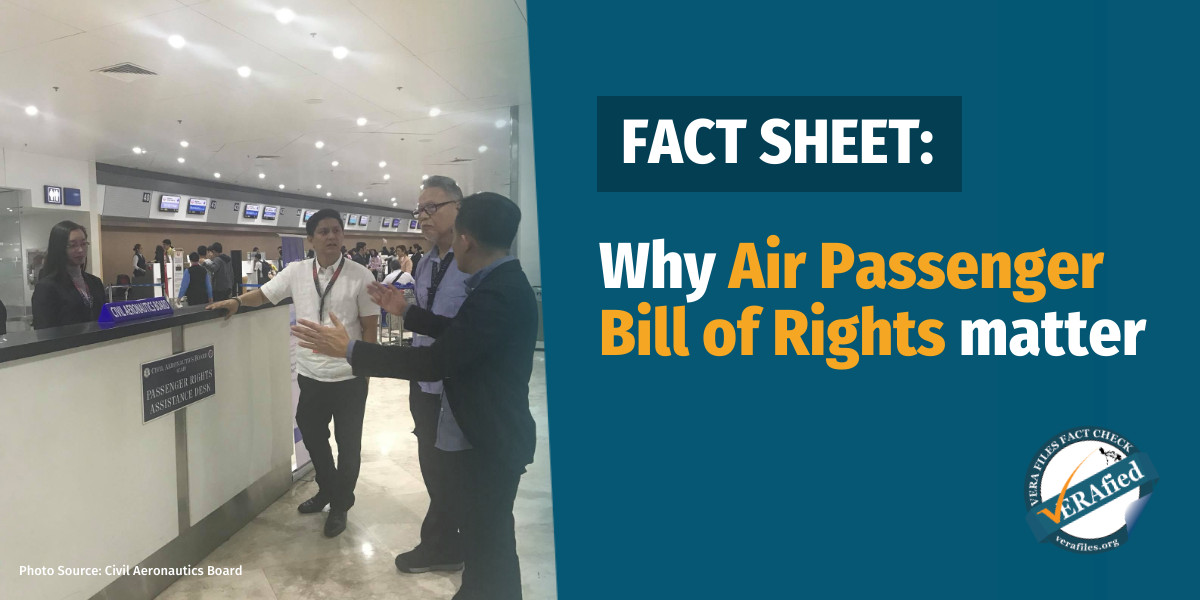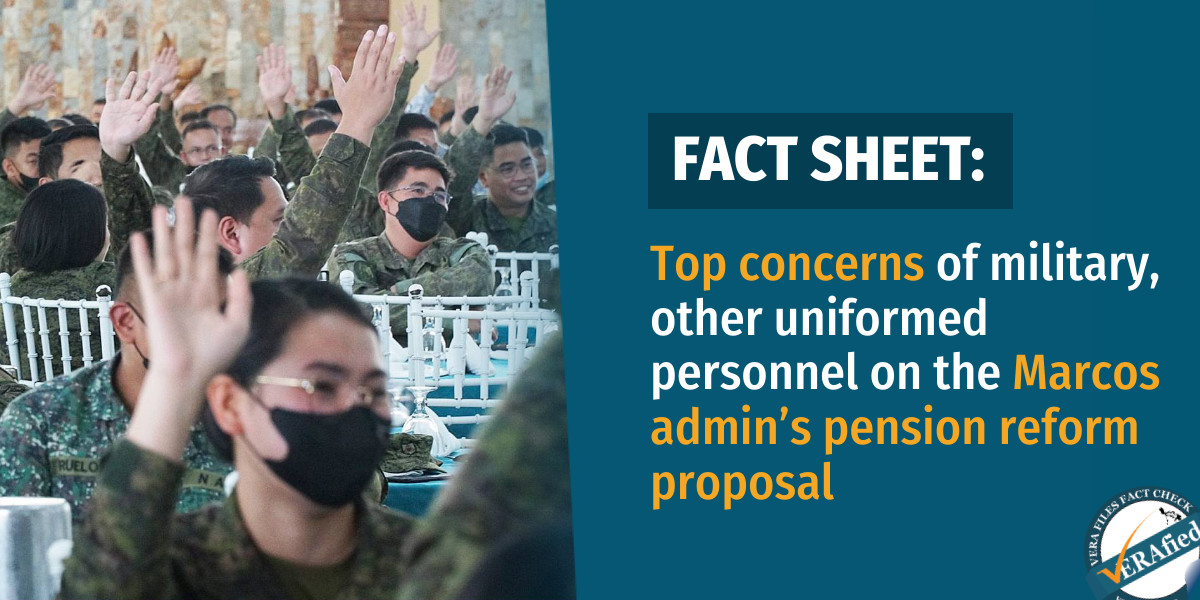SONA 2022 PROMISE TRACKER: FOREIGN RELATIONS
Marcos admitted that the Philippines is walking a “very fine line” in balancing foreign relations. He said the Philippines must refrain from embracing the “cold war mentality” without having to choose between global powers such as the United States, Russia and China.



